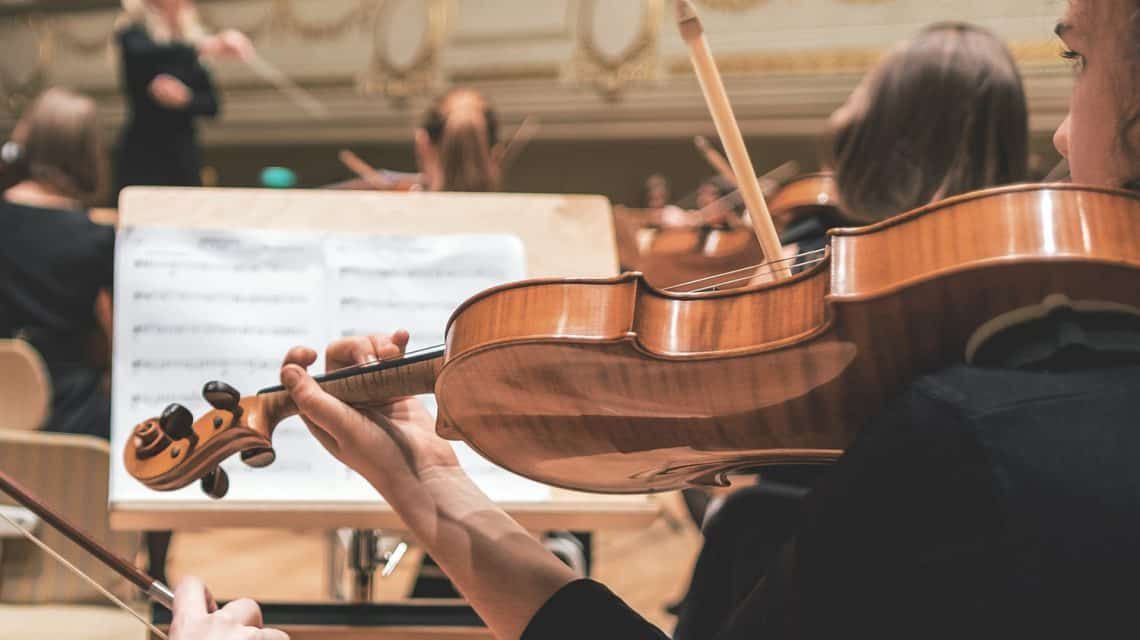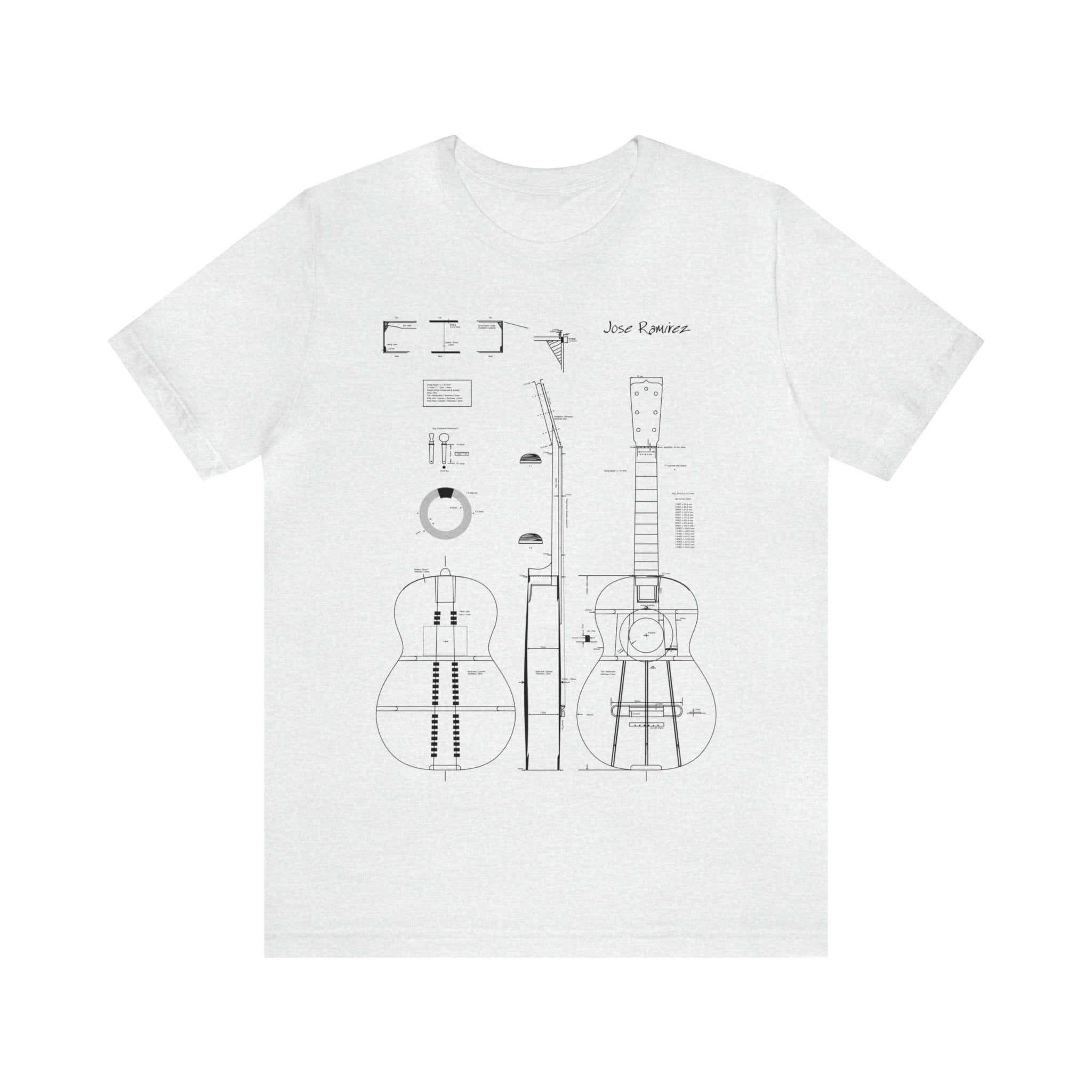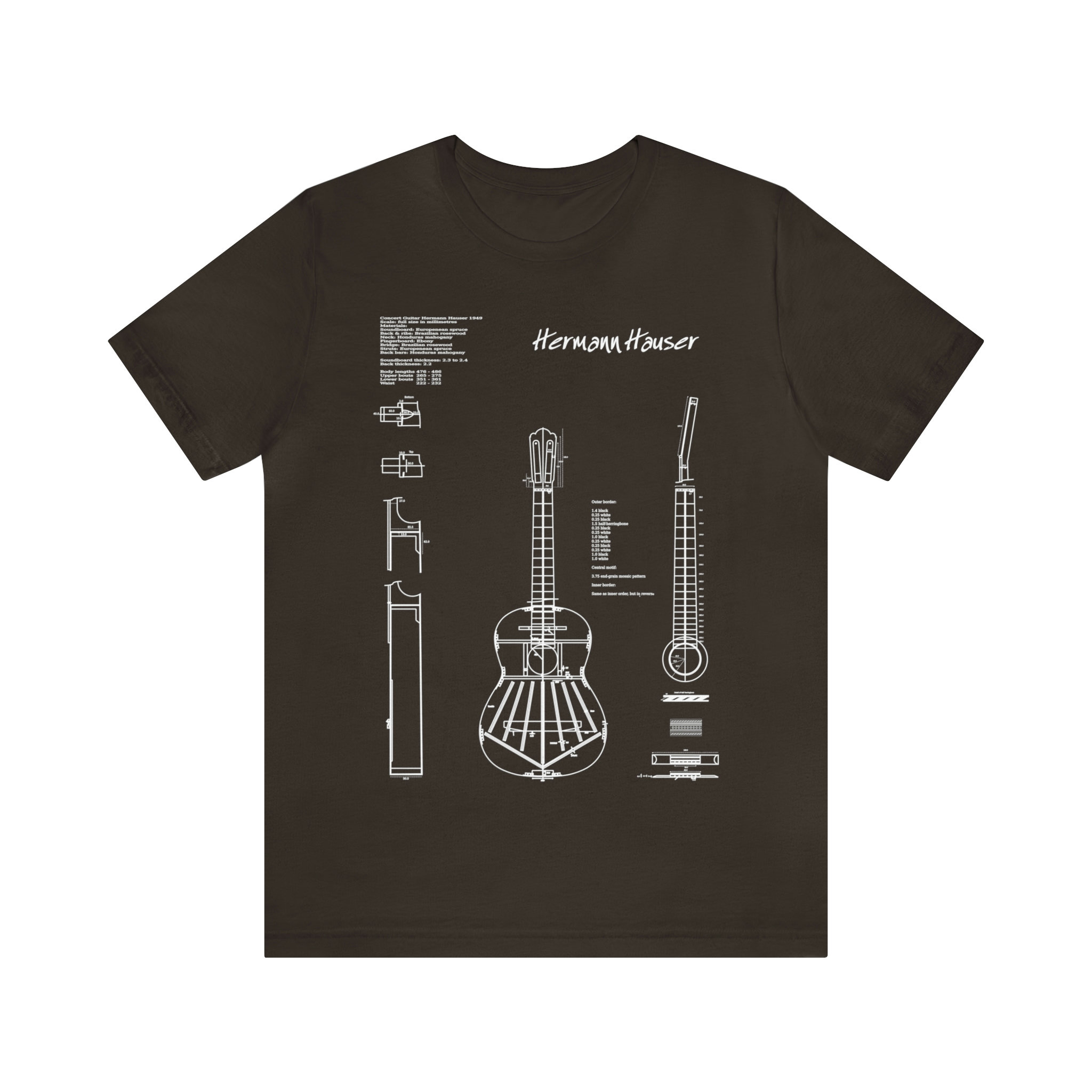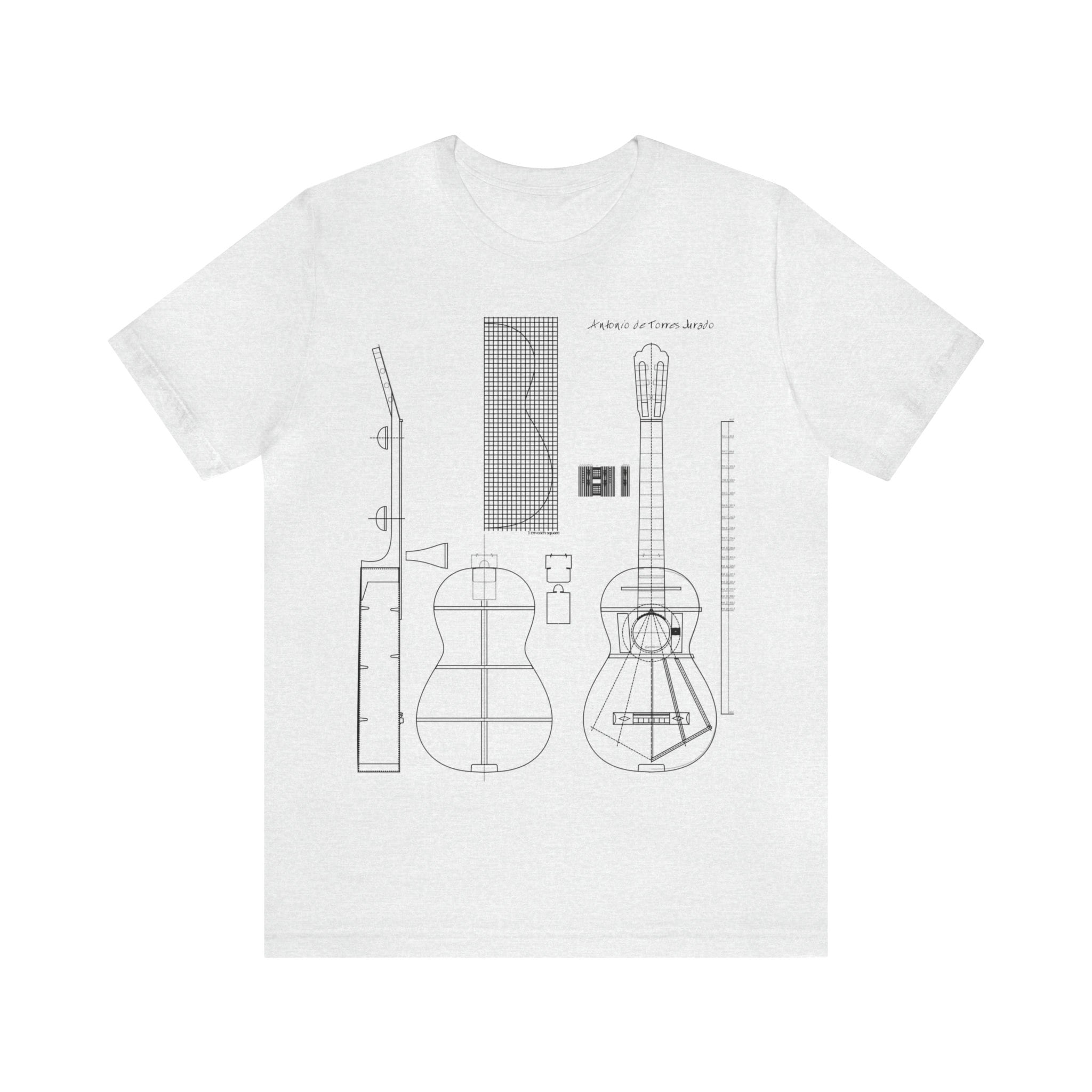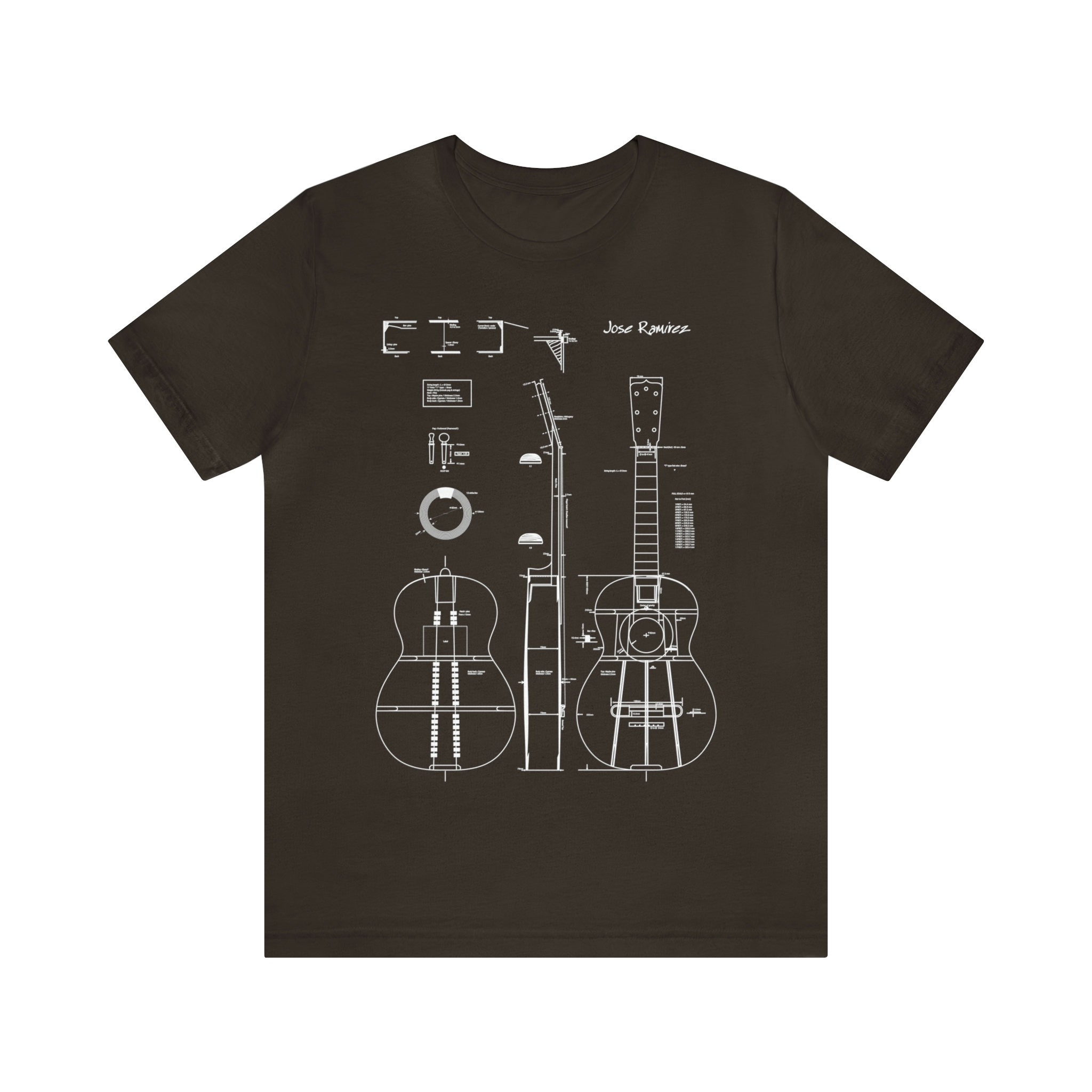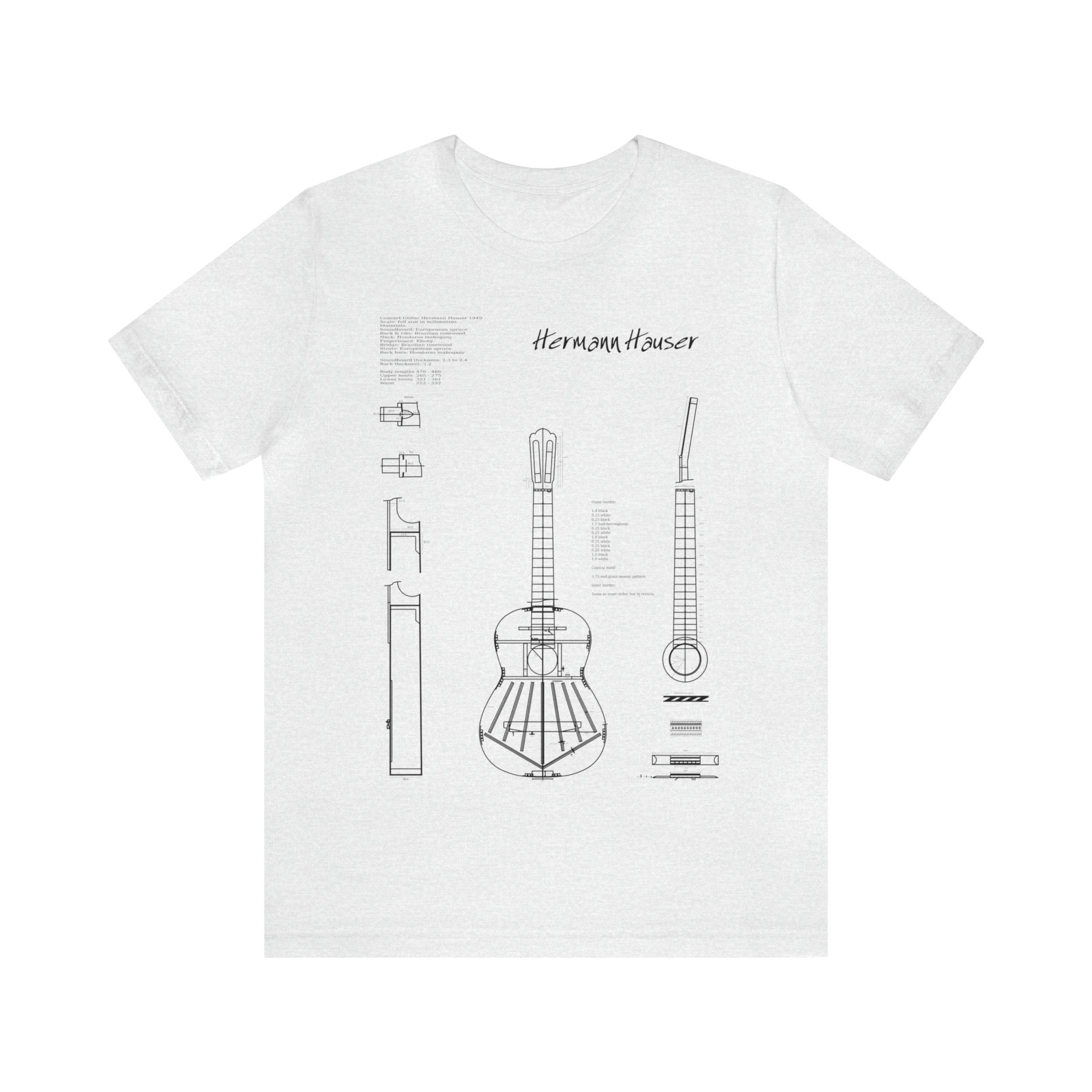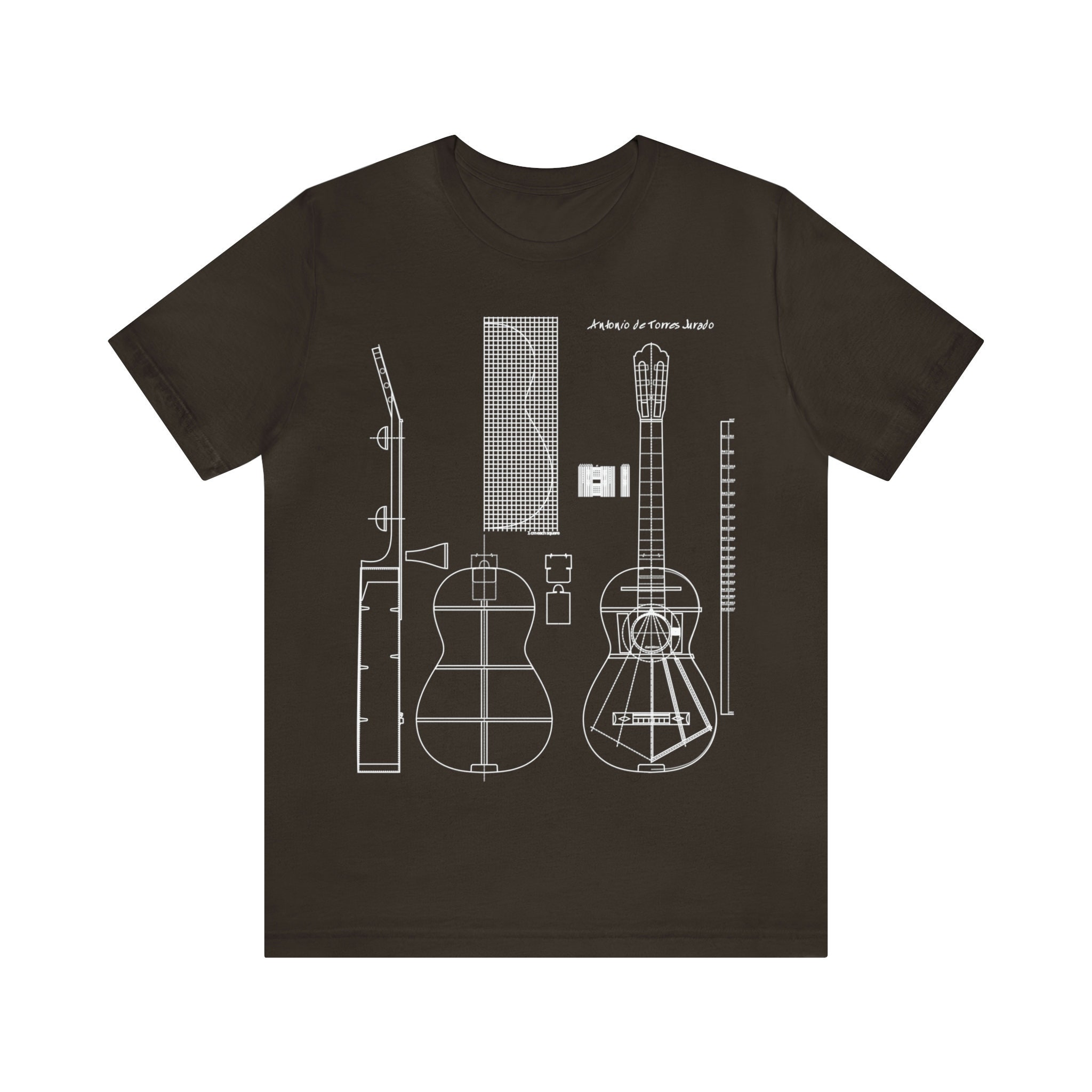The most complicated looking 16th note figures can be more easily understood if broken down into eighth note equivalents.
Before playing any part of the new piece, scan the page for:
- Key Changes
- Time Changes
- Repeat sign, CODA sign etc.
- Extremely high or low ledger line sections
- Complicated looking rhythms.
NOTE: The most complicated looking 16th note figures can be more easily understood if broken down into eighth note equivalents.
- F. Large Interval Skips. G. Written Out Chord Voicings
NOTE: If you do not have time to figure out the complete chord, concentrate on playing the top notes first, since they are sonorally predominant.
- H. Special Effects: Wah-Wah, Slow Tremelo, Echo, Etc.
- Dynamics: ppp, mp, ff, Staccato, Legato, Accented tone Etc.
- 2. from the above procedures, decide on the basic fingerings or areas of the fingerboard you will use to play the piece.
- Now play the hardest looking thing first. NOTE: This may involve a lifemanship game in which you don’t let the other guys know you’re practicing the part.
- You must always be conscious of every note you play. Improving sight reading is: Learning to learn faster through memory. Certain rhythms, tone sequences, chord voicings, tend to become standardized. Once you have seen a rhythm pattern of four eighth notes in a row, you’ve seen them all. This applies to scales as well. At first glance, a string of 16th notes with a lot of sharps and flats can scare you to death, but on a closer analysis, may turn out to be a simple Db scale.
- Always force yourself to run down new material very, very slowly and build up the tempo very very gradually.
- When actually performing the piece for the first time, DO NOT break tempo or meter when you miss a note. Learn to recover quickly and come in strong on the next entrance.
- NOTE: When the stick comes down, it is better to miss one bar than to miss one hundred.
- Physically, make your eye read one bar ahead. Make SPECIAL EFFORT to do this.
- Learn to hear what you see, or be able to sing the part without playing it first. This doesn’t necessarily mean: do, re, me, fa, sol, la, ti. do, but it does mean to visualize the fingerings, the string numbers and picking and from this, deduce how the passage will sound. After these conscious analysis’ have been made, play the arrangement or composition like a REAL song, as though played by ear and not a plastic fabrication.
- Writing music by ear (away from the guitar) is another way to concentrate on the disciplines of Sight Reading. Take tunes you can already play by ear and write them down in simple lead sheet form. Melody, chord symbols, fingerings, and string numbers.
The above pointers are on how to behave under pressure. The objective is to shorten the learning curve. In recording or other professional areas of playing, it is not uncommon to learn the music in the time it takes for the copyist to pass out the parts (one to three minutes – that is, if you get yours first). So, if this is the name of the game, practice at home should be carried out with the same spirit. A metronome can be invaluable in maintaining this discipline. It is also important to use the time-clock in the same way. Practice for a pre-determined period of time, and do not go beyond without reward or rest. Reward can be as simple as a drink of water and an opportunity to assimilate.
Classical Guitar
